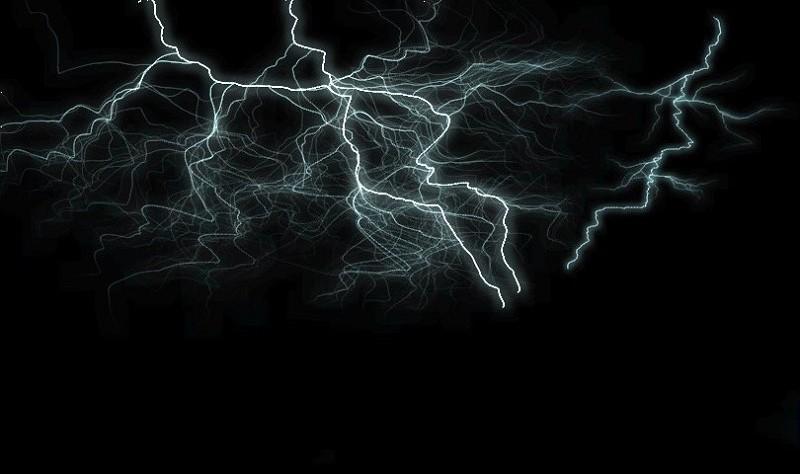(单词翻译:单击)
This uncertainty applies, incidentally, to relatively nearby things as much as to the distant edges of the universe. As Donald Goldsmith notes, when astronomers say that the galaxy M87 is 60 million light-years away, what they really mean ("but do not often stress to the general public") is that it is somewhere between 40 million and 90 million light-years away—not quite the same thing. For the universe at large, matters are naturally magnified. Bearing all that in mind, the best bets these days for the age of the universe seem to be fixed on a range of about 12 billion to 13.5 billion years, but we remain a long way from unanimity.
顺便说一句,这种不确定状态适用于比较近的东西,也适用于遥远的宇宙边缘。当天文学家说M87星系在6000万光年以外的时候,正如唐纳德·戈德史密斯说的,他们其实是在说(但并不经常在公众面前强调)它大约在4 000万─9000万光年之间──二者不完全是一码事。大宇宙里的事情自然是被夸大的。有鉴于此,我们目前有关宇宙最好的估计似乎是120亿─135亿年之间,但距离意见一致还差得很远。
One interesting recently suggested theory is that the universe is not nearly as big as we thought, that when we peer into the distance some of the galaxies we see may simply be reflections, ghost images created by rebounded light.
近来有人提出了一种很有意思的理论,认为宇宙根本没有我们原来以为的那么大;我们凝望远方所看到的有些星系,也许只是映像,是反射的光产生的重像。
The fact is, there is a great deal, even at quite a fundamental level, that we don't know—not least what the universe is made of. When scientists calculate the amount of matter needed to hold things together, they always come up desperately short. It appears that at least 90 percent of the universe, and perhaps as much as 99 percent, is composed of Fritz Zwicky's "dark matter"—stuff that is by its nature invisible to us. It is slightly galling to think that we live in a universe that, for the most part, we can't even see, but there you are.
实际上,还有很多东西我们不知道,甚至在很基本的层面上──至少不知道宇宙是怎么构成的。当科学家们计算使东西保持在一起所需的物质的量的时候,结果总是发现远远不够。宇宙的至少90%,也许多达99%,似乎是由弗里茨·兹维基认为的“暗物质”组成的──那种生性我们看不见的东西。我们生活在一个多半连看都看不见的宇宙里,而却毫无办法,想到这一点真让人觉得有点儿不是滋味。


